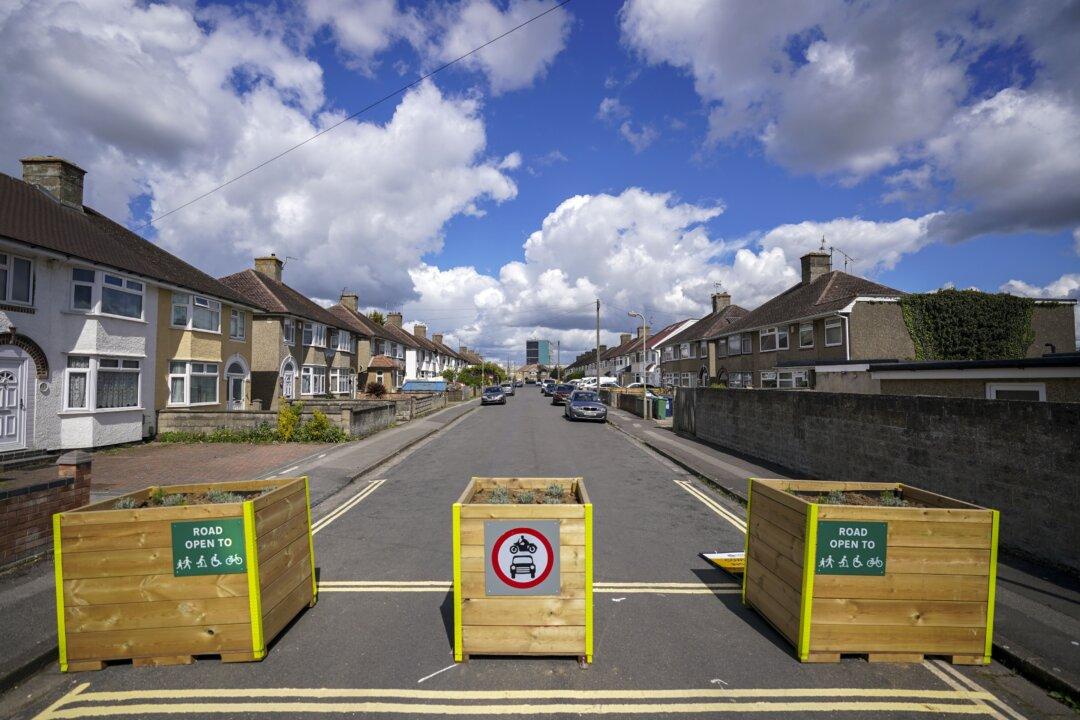A cycling charity that received substantial amounts of public funds to implement low-traffic neighbourhoods (LTNs), has disclosed a substantial increase in its financial assets and executive compensation.
Sustrans, an organisation that has advocated for LTNs for several years, reported having £165 million in “cash or cash equivalents” in its bank accounts for the 2022-2023 financial year.





